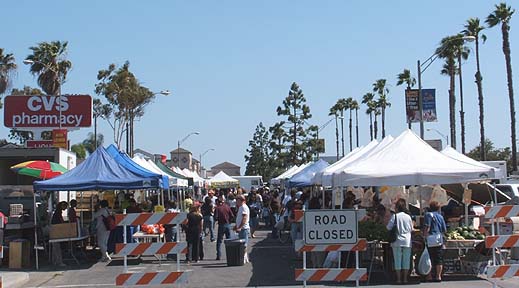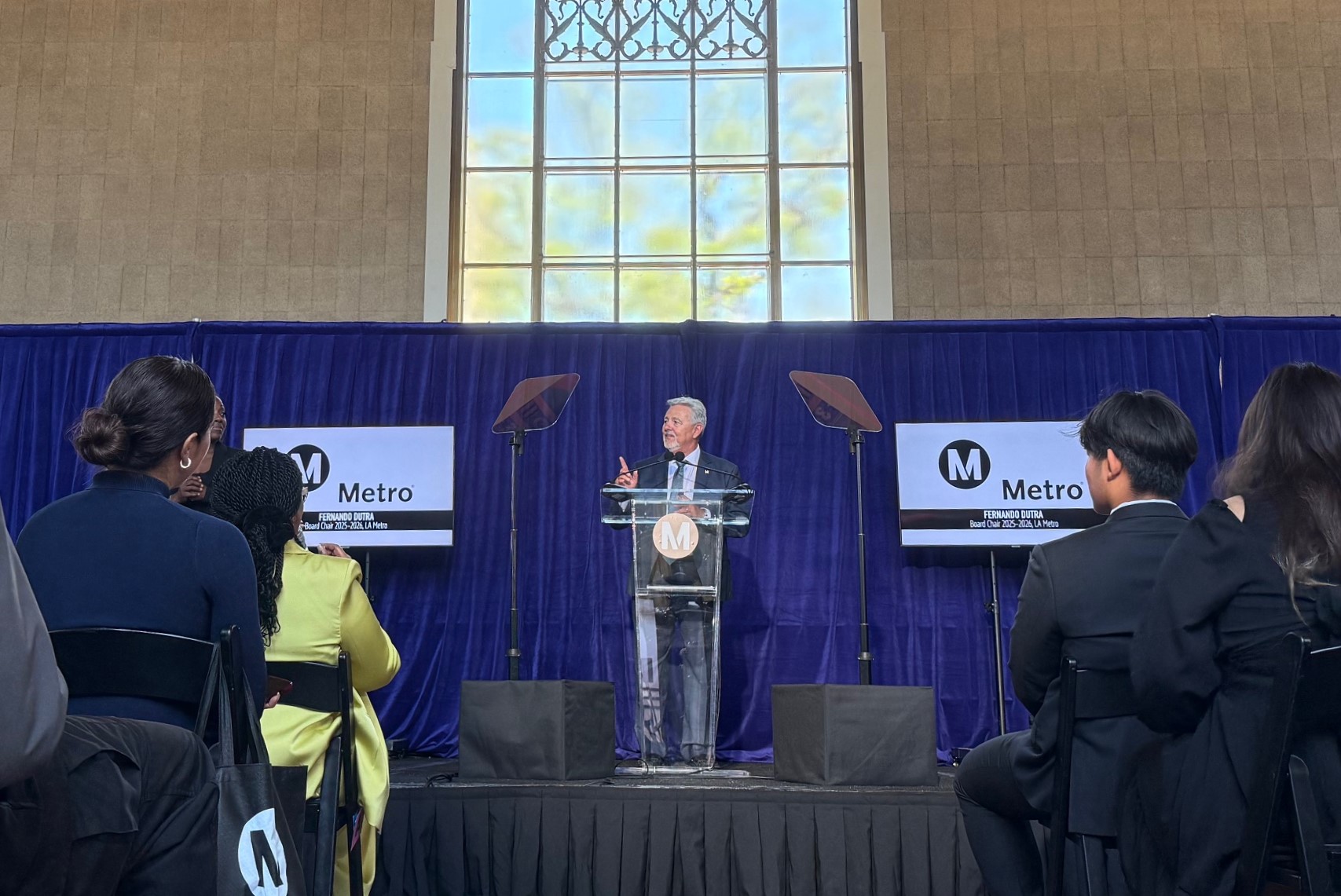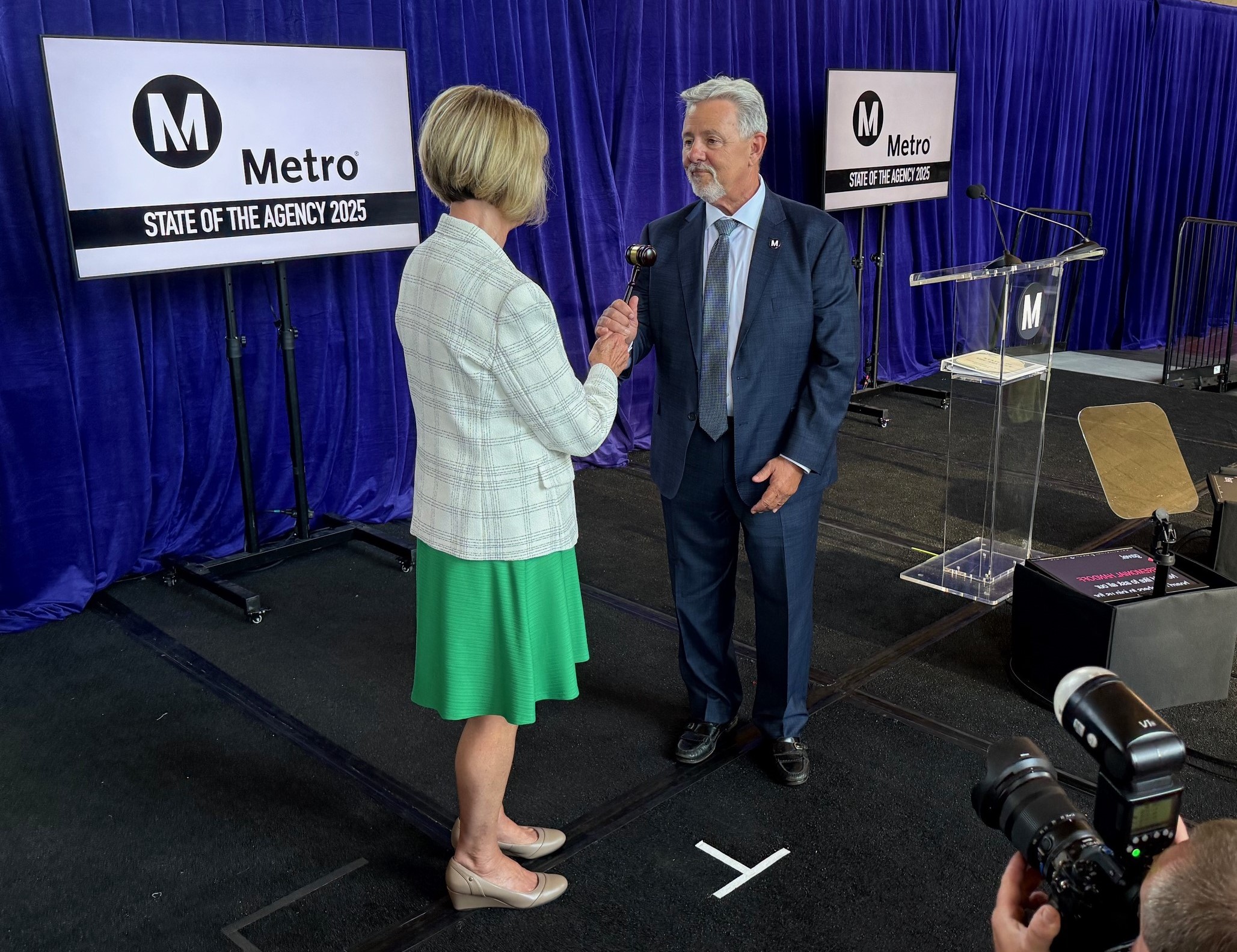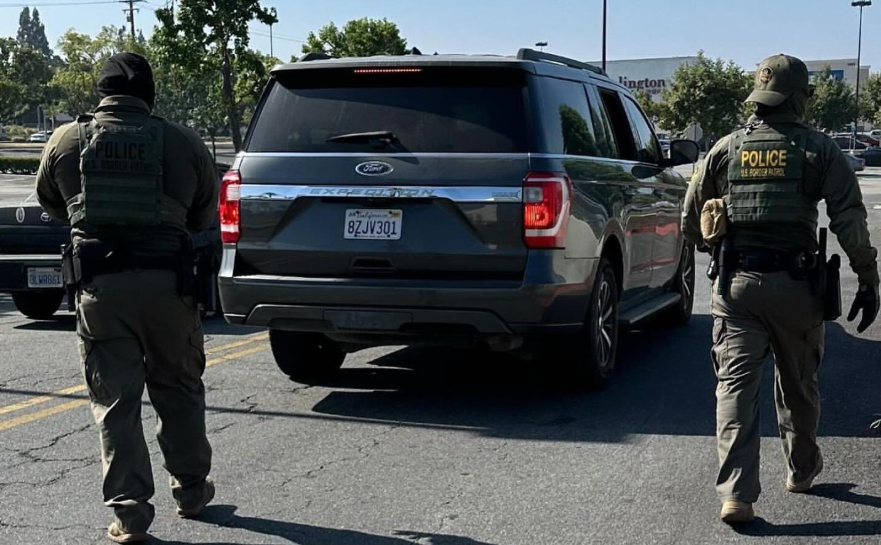This week, the Long Beach City Council--acting as the Successor Agency to the Redevelopment Agency in Long Beach--voted unanimously 6-0 to implement a ballot process to possibly establish the Uptown Business Improvement District (UPBID).

Largely headed by the North Long Beach Business Alliance (NLBBA) and 9th District Councilmember Steve Neal for the past two years, the UPBID will extend mostly along Atlantic Avenue north of Carson and up to Artesia. At Artesia, it will head east until it meets Gundry, where thelong-delayed Fire Station 12 is currently being developed.
Atlantic Avenue--particularly during the decades between 1920 and 1960--was considered arguably the most popular strip in Long Beach and is considered key to economically developing North Long Beach today. Once home to the famed Atlantic, Brayton, Crest, and LaShell Theaters -of which the 1948 Crest was the first prototype for the Fox-style moviehouses that eventually spread across Los Angeles--the strip was vibrant and lively back in its heyday.
Following a dilapidation over the the 1970s and 80s, the strip soon became unused and unpopular--a disheartening fact considering its rich history and roots in Long Beach. The UPBID, or at least those who are marketing it, are hoping that such a sentiment will change by making simple changes ranging from tree and median maintenance to retention efforts easier to materialize.
"While it is still really early in the process," said Rex Richardson of Neal's office, "if this thing comes to fruition, it would be hugely transformative for our community."
As with most of the 200 Property BIDs throughout California--including the one Downtown Long Beach--property owners pay an extended property tax based upon the type of building they own and its size (as listed in the graphic below).
If formally approved, the District will implement the taxes over five years to cover things beyond regular city services; these include security controls, streetscape and signage improvement, security patrols, and economic development. The money will be tacked onto property tax bills, collected by the county and then redistributed to the city; those funds will then be forwarded to a newly formed nonprofit, the Uptown Property and Community Association. Said association will be managed by Uptown property owners who will then decide what to implement with the funds provided.
After the five years, the District will expire unless the property owners put forth a renewal.
Given the statistics associated with BIDs--Los Angeles, for example, reported a 6 to 10% reduction in crime in neighborhoods with BIDs--the NLBBA is hoping that property owners will respond positively.
"We need the help [of Uptown property owners] to make it a reality," said property owner and NLBBA supporter Yanki Greenspan. "The service plan is designed to make Uptown more inviting to potential tenants and customers, increase awareness in the area, and ultimately improve commercial activity, occupancy, and safety."






